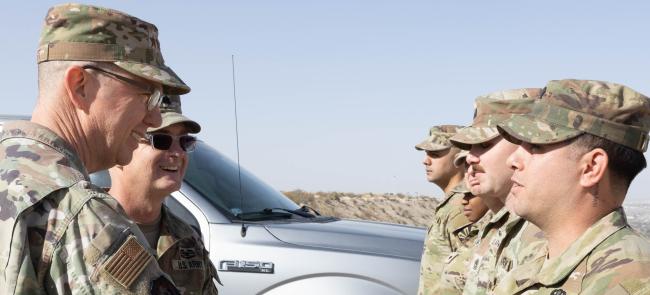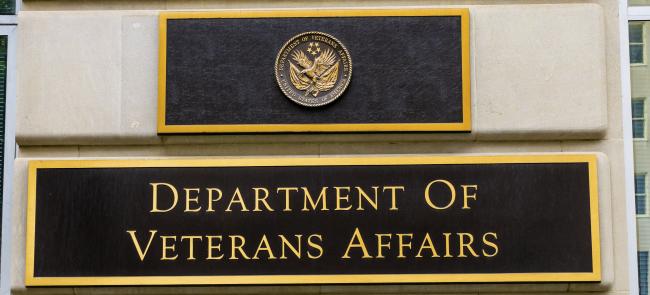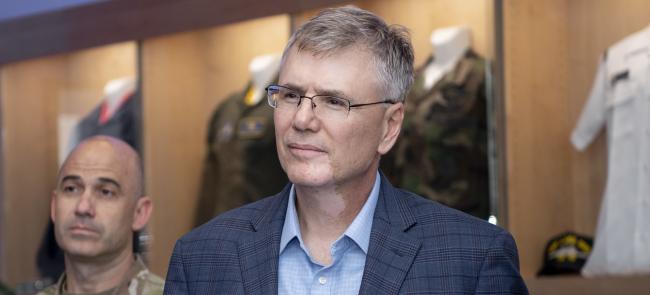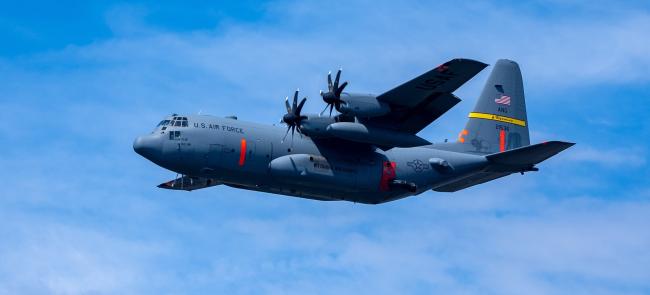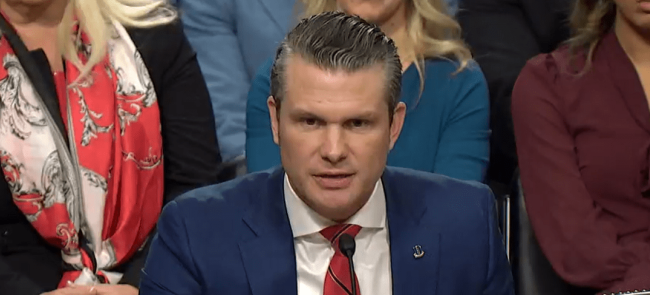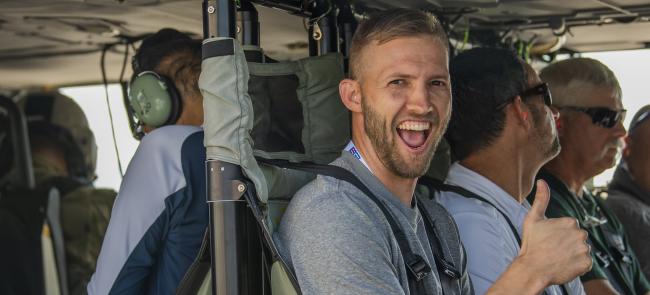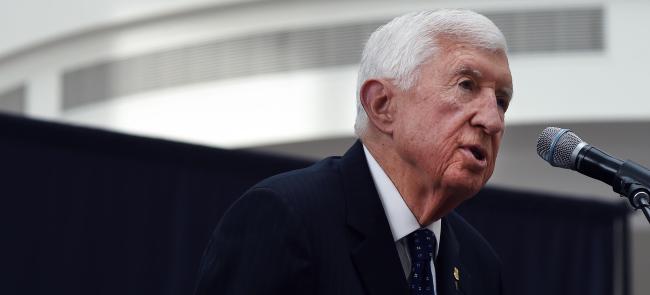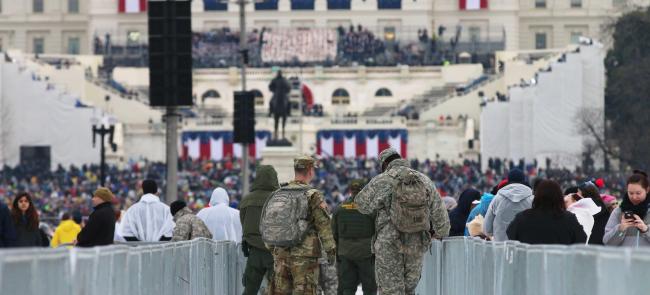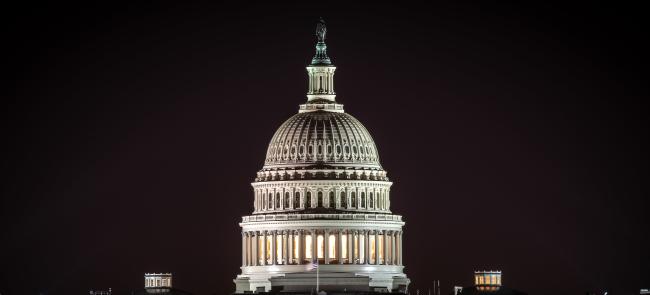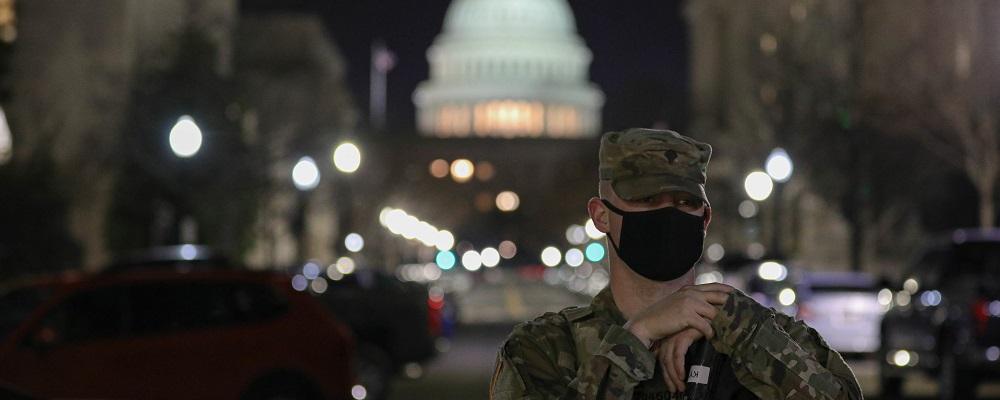
Defense Department officials have extended the National Guard mission at the U.S. Capitol another two months — despite pushback from lawmakers on both sides of the aisle, the chief of the National Guard Bureau and NGAUS.
Nearly 2,300 Guardsmen will be on duty at the Capitol through May 23. The number is a little less than half of the 5,100 stationed there last week when the mission was supposed to end.
The Capitol Police requested the extension in late February. It triggered opposition within the Pentagon, with Gen. Daniel R. Hokanson, the NGB chief, “non-concurring” in writing with the decision to grant the request.
He cited initial difficulty in finding enough volunteers for the mission with increasing COVID-19 missions at home as well as recurring combat training obligations.
Some states refused to keep Guard troops in Washington, D.C. Among them was Michigan, which had roughly 1,000 in the nation’s capital until last week.
The Guard did find enough volunteers. They come from 11 states — Delaware, Hawaii, Illinois, Indiana, Kentucky, Massachusetts, Missouri, New Jersey, Ohio, Washington and Wisconsin — and the District of Columbia, according to NGB.
"I am concerned that the continued indefinite nature of this requirement may also impede our ability to man future missions as both adjutants general and Guardsmen alike may be skeptical about committing to future endeavors," stated Hokanson’s March 4 memo.
Maj. Gen. Michael McGuire, the NGAUS chairman, and retired Brig. Gen. J. Roy Robinson, the NGAUS president, echoed the NGB chief’s sentiments in a statement Friday, saying the difficulty in finding volunteers had nothing to do with any reluctance to serve.
“Rather, it is a reflection of the continuing demands of training and missions back in the states on a predominantly part-time force that must always balance military duties with civilian employers and families,” they said. “It is also increasingly difficult to convince Guard soldiers and airmen that their continued presence at the Capitol is warranted.”
Leaders of the House Armed Services Committee from both parties on Thursday said they were “deeply troubled” by the continued heavy military presence at Capitol, calling instead for a drawdown.
“We cannot ignore the financial costs associated with this prolonged deployment, nor can we turn a blind eye to the effects it will soon have on the National Guard’s overall readiness,” said Rep. Adam Smith of Washington, the chairman, and Rep. Mike Rogers, the ranking Republican, in a joint statement Thursday.
The Guard’s additional two months will cost $111 million while the initial three months of the mission, from January to March, will cost an estimated $410 million, NGB said in a statement to The Hill on Friday.
Guardsmen were originally only meant to bulk up security for President Biden’s inauguration, but the deployment was extended afterward over continued security concerns.
“I don't think anybody wants to see this become an enduring mission,” Pentagon press secretary John Kirby told reporters Thursday, adding that “there is a legitimate need” for the Guard due to “some capability gaps and capacity shortages right now that the Capitol Police are experiencing.”
Kirby would not say, however, what threats were relayed from the Capitol Police when they asked for the extended mission.

